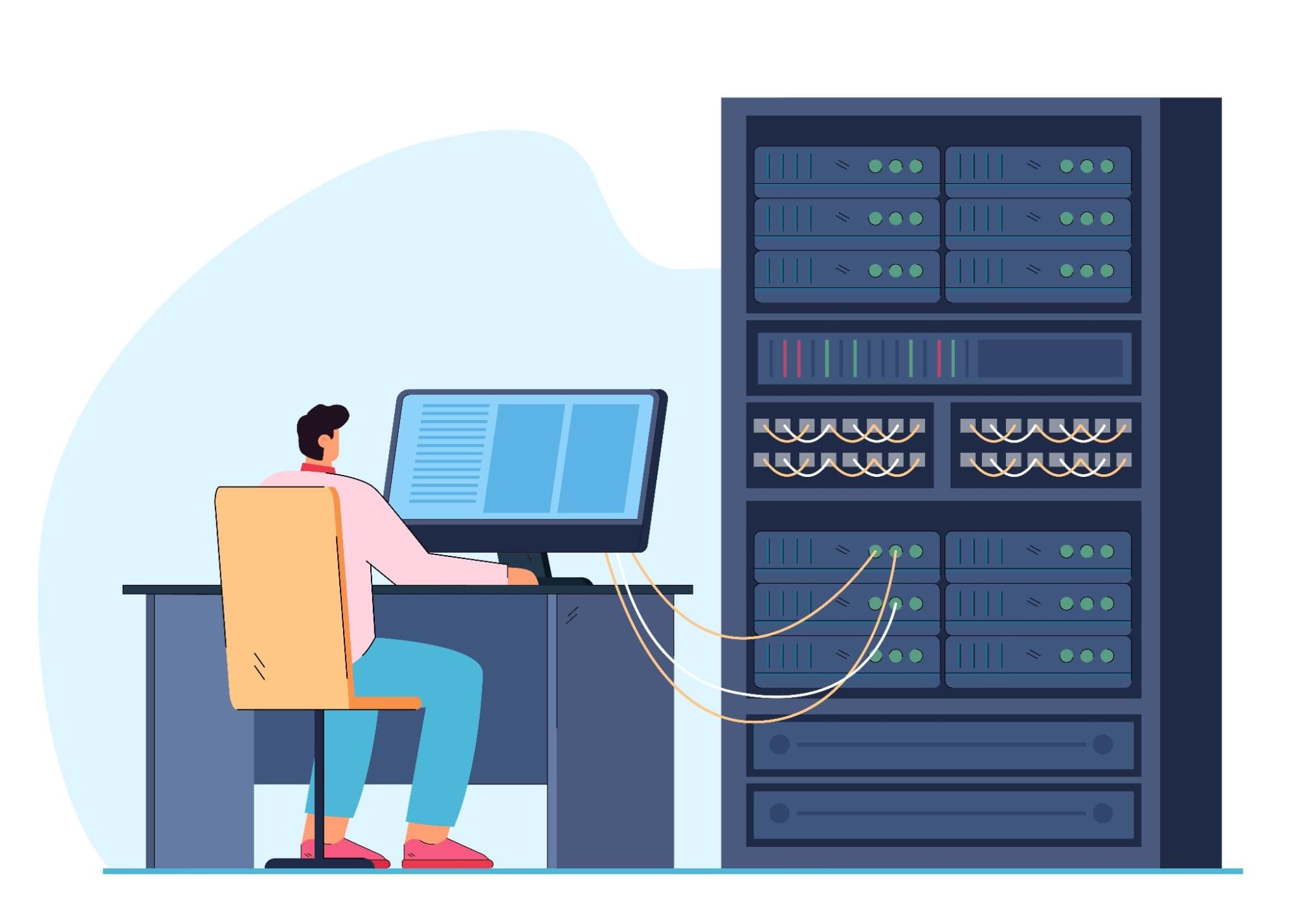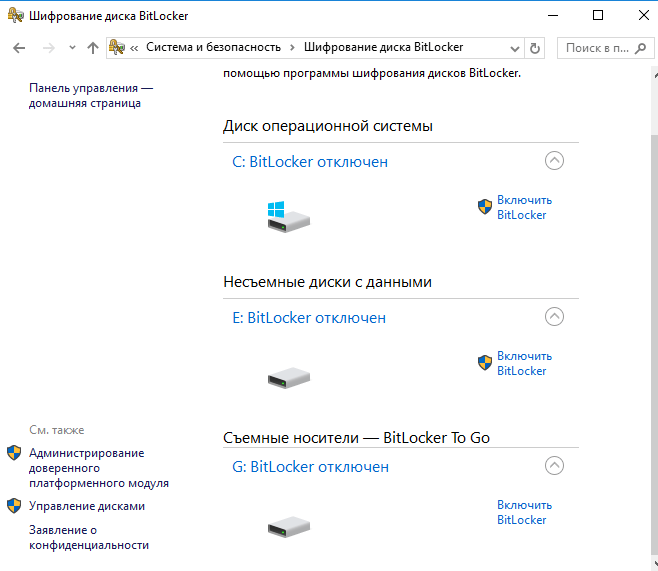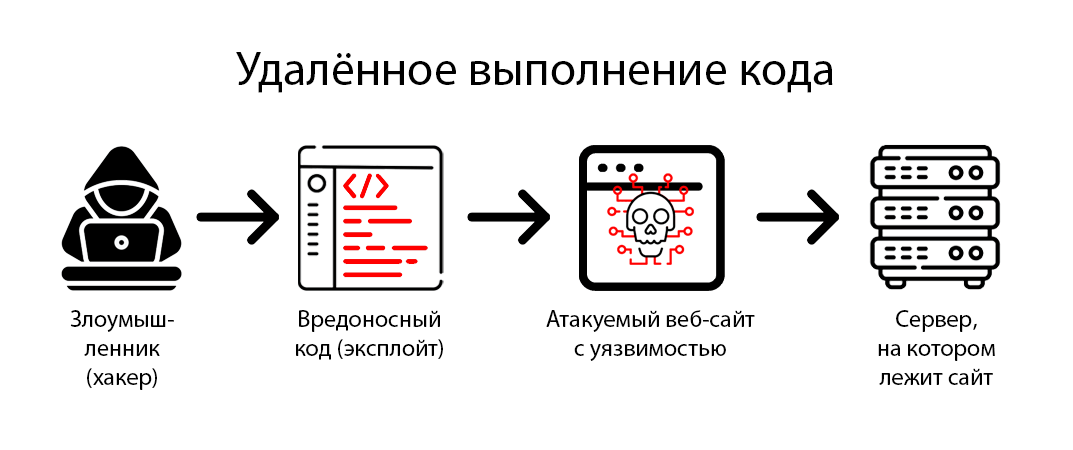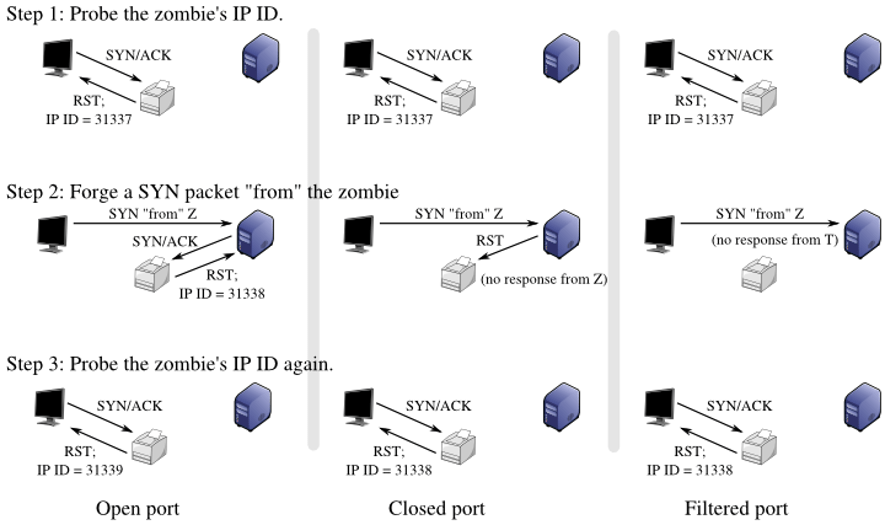Securing Windows Servers: Essential Security Measures
The security of Windows servers plays a key role in ensuring reliability and protecting information. To ensure the security of Windows servers, it is necessary to apply a range of measures and follow best practices.
Operating System Updates
One of the important steps in ensuring the security of Windows servers is to regularly update the operating system. Updates contain vulnerability fixes, which helps protect the server from malware and hacker attacks.
Windows Update
Installing Antivirus Software
To ensure protection against malicious software, it is necessary to install antivirus software on the Windows server. Antivirus will help detect and destroy malicious programs, protecting the server from potential threats.
Antivirus Installation
Configuring the Firewall
Enabling and configuring the firewall on a Windows server helps control network traffic and protect the server from unauthorized access. Configuring the firewall allows you to block malicious connections and establish access rules to the server.
Firewall Configuration
Using Strong Passwords
To protect Windows servers, you must use strong passwords that consist of a combination of letters, numbers, and special characters. Strong passwords make the server hacking process more difficult and reduce the risk of unauthorized access.
Access Rights Management
Managing access rights to a Windows server is an important aspect of security. It is necessary to define user roles and privileges, restrict access only to necessary resources, and regularly review and update access rights.
Data Backup
To ensure data security on a Windows server, you should regularly create backups of information. Backups allow you to restore data in case of loss or damage, providing reliable protection against information loss.
Security Monitoring
To detect and prevent security threats to Windows servers, it is recommended to install a security monitoring system. Monitoring allows you to track user activity, network traffic, and detect anomalies that indicate possible attacks.
Data Encryption
To protect confidential information on a Windows server, it is recommended to use data encryption. Encryption protects data from unauthorized access and ensures its confidentiality, even in the event of information leakage.
Security Audit
Conducting a security audit of a Windows server allows you to identify vulnerabilities and weaknesses in the system configuration. Analyzing audit logs and reports helps to improve the security level of the server and prevent possible attacks.
Following these measures and recommendations will help ensure reliable protection of Windows servers and minimize the risk of malware and hacker attacks.





